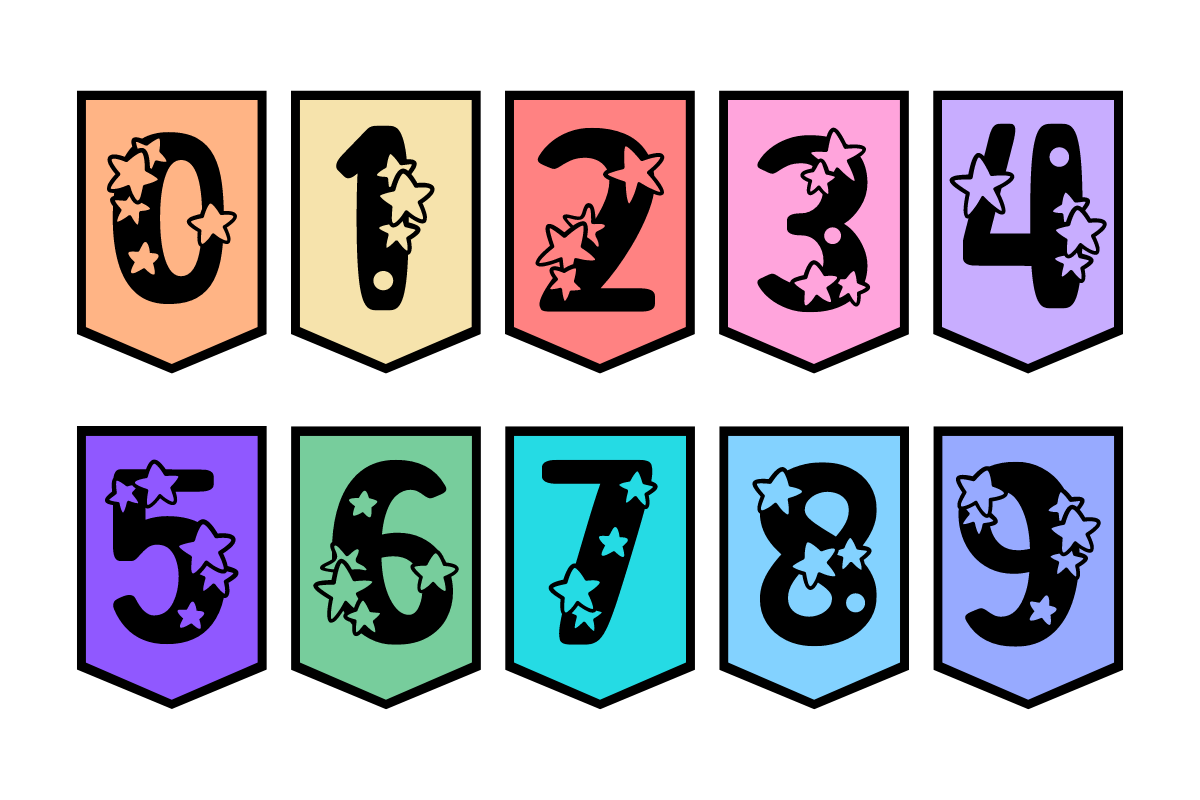The Three most Special Number Combinations in Chinese
In Chinese culture, certain number combinations are considered auspicious or fortunate due to their homophonic or symbolic meanings. Here are three of the most distinctive number combinations in Chinese:

444 - 死死死 (Sǐ Sǐ Sǐ):
The pronunciation of 444 (sì) in Chinese is very similar to the word "死" (sǐ), which means death. Consequently, this number combination is considered to have inauspicious connotations. In Chinese culture, people typically avoid using this number, especially in contexts related to life and death.
555 - 呜呜呜 (Wū Wū Wū):
The pronunciation of 555 (wǔ) in Chinese is very close to the word "哭" (wū), which means to cry. Therefore, this number combination is sometimes used to express feelings of crying or sadness. In online culture, people often use 555 to indicate a sense of heartache or sorrow.In Chinese culture, this number combination is commonly employed to convey a tone of sadness or a heavy emotional atmosphere. For example, when describing movie or novel plots or expressing personal emotions, individuals may choose to use 555 to imply a sense of sadness. On the internet, this usage frequently appears in contexts where sympathy or understanding is expressed.
666 - 牛牛牛 (Niú Niú Niú):
Due to its pronunciation (liù liù liù), 666 in Chinese sounds similar to the word "牛" (niú), which means "ox" and is also used colloquially to convey excellence or awesomeness. Therefore, this number combination is considered auspicious and is often used to express praise or blessings in Chinese culture. In situations where someone's abilities are remarkable or their achievements are significant, 666 is commonly employed to convey admiration or best wishes.

Here are some common numbers and their homophonic meanings:
8 - 发 (Fā):
The pronunciation of 8 (bā) is similar to the word "发" (fā), which means wealth and prosperity. Therefore, it is considered an auspicious number, especially in business settings, where people prefer to use 8 for good luck and prosperity.
520 - 五二零 (Wǔ èr líng):
The pronunciation of 520 (wǔ èr líng) is similar to the phrase "我爱你" (wǒ ài nǐ), meaning "I love you." Consequently, 520 is used to express romantic feelings, particularly among couples.
9 - 九 (Jiǔ):
The pronunciation of 9 (jiǔ) is similar to the word "久" (jiǔ), meaning long-lasting. Therefore, it is considered a symbol of longevity and eternity. On special occasions like weddings, people often choose dates related to the number 9.
- The teacher praised Xiaojie for his outstanding performance in the competition, and his classmates exclaimed, "It's really amazing, niú niú niú!"
老师表扬小杰在比赛中取得的优异成绩,同学们齐声说真是666。
Lǎoshī biǎoyáng xiǎo Jié zài bǐsài zhōng qǔdé de yōuyì chéngjī, tóngxuémen qíshēng shuō zhēnshi liù liù liù. - Xiaohong found the ending of the movie very touching and exclaimed, "It's so emotional, wū wū wū!"
小红看到电影结局很感人,感慨地555。
Xiǎo Hóng kàndào diànyǐng jiéjú hěn gǎnrén, gǎnkǎi de wū wū wū. - Xiaoming didn't do well in the exam, and his classmates exclaimed, "His grades are really bad, sì sì sì!"
小明考试考得不好,同学们纷纷说他的成绩真的是444啊!
Xiǎo Míng kǎoshì kǎo dé bù hǎo, tóngxuémen fēnfēn shuō tā de chéngjī zhēn de shì sì sì sì ā!